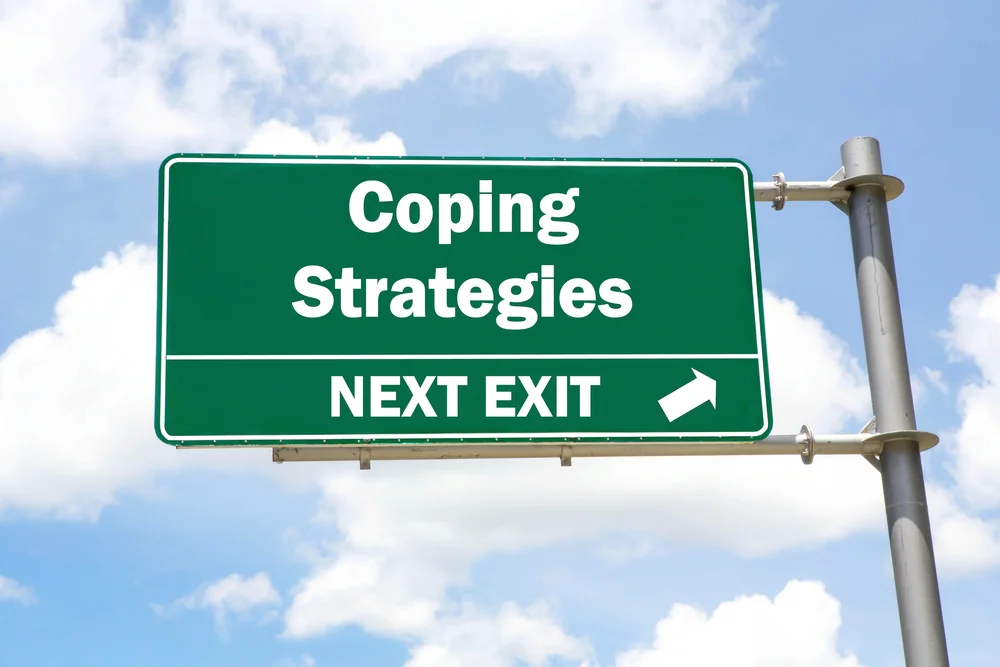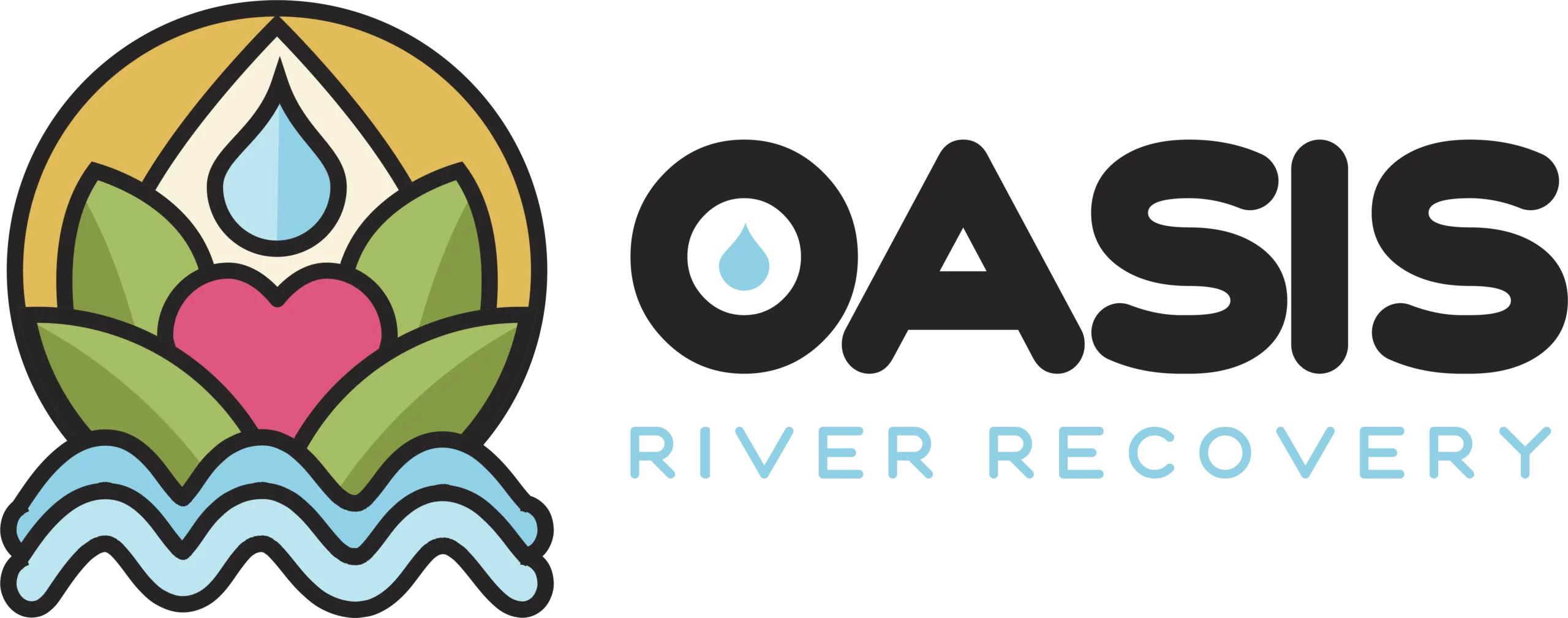Recovering from an alcohol or drug addiction isn’t a one-and-done thing. Many people in recovery will relapse. It’s a nearly universal part of the recovery process. Relapse means using again after a period of sobriety. Up to 60 percent of people who are in recovery eventually relapse. Planning for relapse is important during recovery. You can prevent relapse by taking steps to cope with triggers. There are many coping skills for relapse prevention, such as mindfulness exercises, and recovery tools, that can help reduce the likelihood of using drugs again.
Causes of Relapses
A relapse may be caused by many factors. Relapses might feel tough if you’re trying your best in recovery. Understanding the causes of relapse can help prevent you from sinking back into drug or alcohol use and should be part of your relapse prevention plan. Common relapse triggers include:
- Stressful events – These may include a layoff from work, divorce, having your first child, a death in the family, or a major argument with a spouse. It’s normal to feel sad, worried, or angry after a stressful event. These emotions can trigger drug use.
- Cravings – Drug and alcohol cravings can be quite strong and hard to resist. It’s common for these to trigger use again.
- Reminders of your former life – Spending time in spaces where you used to use or being around people still using can trigger cravings for drugs.
- Mental health issues – Having a co-occurring mental health condition like depression or bipolar disorder can increase the risk of relapse. Feelings of sadness, pain, or anger may cause you to relapse. You may be more likely to use again to cope with these negative emotions.
- Trauma – Traumatic life events can trigger a relapse, research shows. Witnessing events like racism, mass shootings, or harassment can cause vicarious trauma leading to stress.
- Instability: Instability (from homelessness or financial problems) can lead to anxiety and despair, both of which can trigger relapse.
- Lack of support – Support is crucial during the recovery process. A lack of support can cause feelings of isolation and a belief that recovery is pointless.

Physical Things You Can Do To Prevent Relapse
Caring for your physical health is essential for relapse prevention. Here are some physical things that can help with addiction recovery.
Eat a Well-Balanced Diet
Maintaining good nutrition can help support your recovery. It will improve your overall health and wellness. Healthy nutrition ensures you have the energy needed to accomplish your daily goals. It helps you heal from the effects of substances. Eat at regular times and don’t skip meals. Nourish your body with healthy snacks and foods.
Exercise Every Day
Physical activity can help lower your stress level. It reduces the body’s stress hormones, which can help diminish the urge to use. Regular exercise can also ease depression and anxiety — common symptoms that you might face during recovery. You don’t have to engage in an elaborate exercise routine. It can be as simple as taking your dog for a walk every day or going for a run around the neighborhood. Joining an exercise studio or sports team, where you’ll be part of a health-focused community, can also be helpful.
Try New Things
Try something new, like joining a book club or going to a dance class. These things can bring you joy and boost your mood, which can reduce the risk of a relapse. When you try something new, it increases dopamine levels (the feel-good chemical) in the brain and makes you feel rewarded.
Create a Healthy Sleep Routine
If you have a substance abuse disorder, it’s common for sleep problems to pop up when you try to avoid alcohol or drugs. When you get quality sleep, you will feel better. This can make it easier to maintain sobriety.
A healthy sleep-promoting bedtime routine can help you fall asleep faster and promote quality sleep. Try to get between seven and nine hours of sleep a night. Go to bed and wake up at the same time each day. Do relaxing activities before bed like listening to calming sleep sounds or taking a warm bath.
Do a Simple Breathing Exercise
Breathing is a powerful tool to help you feel less anxious and ease stress. Simple breathing exercises can help you cope with relapse triggers if you make them a part of your everyday routine. Resonant breathing is a great breathing technique that has been found to reduce stress. All you need is five minutes to do this:
- Breathe in through your nose for five counts
- Exhale for five counts
- Continue this breathing practice for five minutes
Maintain a Routine
You can’t underestimate the power of a daily routine in recovery. A routine is important because it includes structured activities that help keep you focused and away from substances. A routine can also reduce stress and anxiety, allowing you to relax and enjoy life. Your routine might include time in the morning to enjoy a green smoothie, 30 minutes a day to exercise, or activities that you can do to connect with loved ones.
Try a Loving Kindness Meditation
A loving-kindness meditation is a great practice to try during recovery. This science-backed meditation was developed by Jon Kabat-Zinn, the creator of mindfulness-based stress reduction (MBSR). With this technique, you look inward and emphasize kindness toward yourself. It’s great for stress management, emotional regulation, and depression. Here’s how to practice this mediation:
- Take a few minutes to sit quietly.
- Relax your muscles, take a deep breath, and close your eyes.
- Imagine loving yourself just as you are. Focus on releasing tension through your breath and just accepting yourself.
- Repeat 1-3 simple, positive phrases to yourself. Here are some examples: “I am safe,” “I am healthy,” and “I am peaceful.”
- Next, just stay in the feelings of self-compression for a couple of minutes. Let these feelings surround you.


Connect With Us Now
Reach out to us now for immediate support, or let us know the best time to contact you through our confidential callback service. Your journey to healing is just a conversation away.
Mental Things You Can Do To Prevent Relapse
Here are mental and behavioral strategies that can help you establish habits that prevent relapse. These substance abuse resources can enhance recovery.
Be Kind to Yourself
Recognize that recovery is a hard process and you’re doing the best you can. Celebrate your victories and forgive yourself for past mistakes. Remember that setbacks are a normal part of life. Recognize your need for healing. Remind yourself that you are strong and can get through recovery. Find ways to express gratitude for yourself and others every day.
Keep Reasons for Quitting in Mind
What are your reasons for quitting? They could be getting healthier, rebuilding relationships, or maintaining employment. One way to cope with the urge to use is to think about all the reasons that you have to maintain sobriety.
Distract Yourself
Distraction can be a useful coping skill when you are in recovery. Distracting yourself can be especially helpful if you are experiencing cravings. These will usually pass in 15 to 30 minutes. In the meantime, go out to dinner with friends or stay in and binge-watch one of your favorite Netflix shows.
Identify What’s Good About Not Using
Being sober means a healthier, more vibrant life. Make a bulleted list of all the things that you have gained since you quit using drugs or alcohol. Feel free to make a list of your own, but here are a few examples:
- Not feeling guilty about your use
- Having the financial means to pay bills
- Improved memory and concentration
- Better mental health
- No more blackouts or hangovers
Keep a Journal
Keeping a journal is one of the best relapse prevention strategies and can help you throughout your recovery. Writing gives you a safe space to process painful memories, emotions, and thoughts. It can also help you identify and cope with things that trigger use and help you deal with current issues. Putting thoughts and emotions on paper can help you find answers to your problems.
Talk to a Support Person
Trying to heal from drugs or alcohol in isolation will only make it difficult. To help prevent relapse, openly share your experience and goals with your support persons. They can help you stay off drugs or alcohol by reminding you of all the reasons why you stopped using. Your supports can also help you cope with everyday challenges, make hard decisions, and get through a crisis.
Don’t Rush Recovery
Successfully healing from drug and alcohol abuse takes time. It is a process that requires understanding and patience. You can’t take shortcuts or ignore issues that come up during the recovery process. Remember that you will face setbacks. It’s one of the steps to recovery and to be expected. As long as you continue to use positive coping skills and move forward, you can achieve success.




